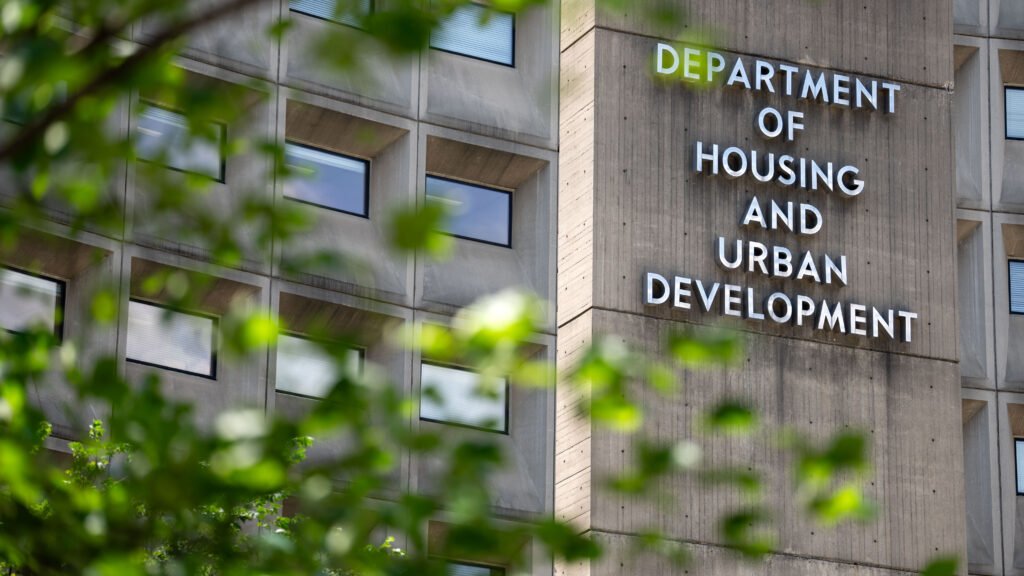President Trump recently signed a new order aimed at addressing homelessness by making it easier to involuntarily treat people with serious mental illnesses. The order seeks to expand involuntary commitments by reversing judicial policies that restrict this approach and providing grants, legal advice, and other assistance to local and state governments. Additionally, several agencies, including the Department of Health and Human Services, will audit grant recipients to ensure funds are not allocated to organizations that conflict with the administration’s values.
While some studies show an increase in involuntary commitments, critics argue that the administration’s efforts are intended to move unhoused individuals out of public view. White House Press Secretary Karoline Leavitt stated that the administration’s goal is to remove vagrant criminals from the streets and redirect resources to substance abuse programs.
However, many public health professionals caution against the expansion of involuntary commitment, advocating for it to be a last resort due to lack of evidence supporting its effectiveness. They argue that such measures may deter individuals from seeking necessary care.
The order directs federal agencies to crack down on public drug use, urban camping, and loitering, while potentially pursuing legal action against organizations operating supervised drug consumption sites. Harm reduction programs will also be deprioritized under the new directives.
A significant shift from the previous administration’s “housing first” approach to homelessness is expected, with a focus on treatment-first models. This change has raised concerns among experts, as the housing-first approach has shown success in helping unhoused populations remain off the streets and reduce the level of care they require.
Critics note that these initiatives were developed without consultation with key federal officials, such as public health professionals at the Substance Abuse and Mental Health Services Administration. The order also emphasizes the use of involuntary outpatient treatments, despite findings that question their effectiveness.
Former SAMHSA executive officer Paolo del Vecchio expressed concerns about the expansion of involuntary treatment and institutionalization, stating that these actions could regress to outdated practices of warehousing individuals in hospital wards rather than providing appropriate care.
Overall, the new order signed by President Trump aims to address homelessness through increased involuntary treatment of individuals with serious mental illnesses. However, it has sparked debate among public health experts and advocates, who question the effectiveness and ethical implications of such measures.


